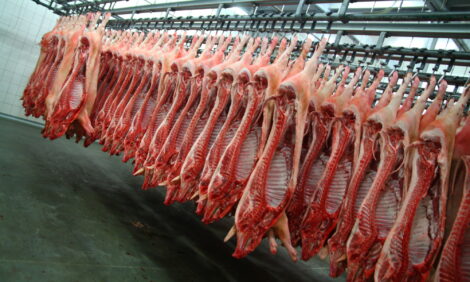



Sustainable Farming
Initial results feeding peas or beans to growing pigs are encouraging and further trials have been set up, according to no. 30 of the Farm Case Study series from BPEX.Background
Midland Pig Producers are hosting commercial scale trials as part of the Green Pig Project. The Green Pig Project is a collaborative project between research and industrial partners and is sponsored by Defra through the Sustainable Livestock Production LINK Programme.
The aim of the project is to assess the potential of using home-grown legumes (peas and beans) in growing and finishing pig diets as a means of reducing environmental burden and soya (soybean) dependency in UK pig production.
Benefits
- Reduce dependency on imported soya
- Improve farm sustainability with home-grown pulses (peas and beans)
- Reduce environmental impact of farm
- If soya prices continue to rise or availability is reduced, pig producers can be confident in using pulse crops as replacements.

The Trial
Six different diet formulations were fed to batches of pigs weighing between 30 and 110kg. Parallel treatments were carried out on slatted and straw-based housing.
The trial commenced with the first diets (Finisher 1) introduced when the batches of pigs reached approximately 35kg in weight. At approximately 60kg, a second ration was introduced with a reduced total protein level (Finisher 2). The pigs were removed from the trial and taken to slaughter once they reached 110kg.
The following diets were used:
- Control diet (Soya)
- Pea diet (30 per cent inclusion)
- Bean diet (30 per cent inclusion)
The maximum currently accepted level of pulses is around 15 per cent, typical inclusion rates are five to 11 per cent.
Initial results are encouraging and further trials have continued. Results from the trial will be available at the beginning of 2012.
April 2012








